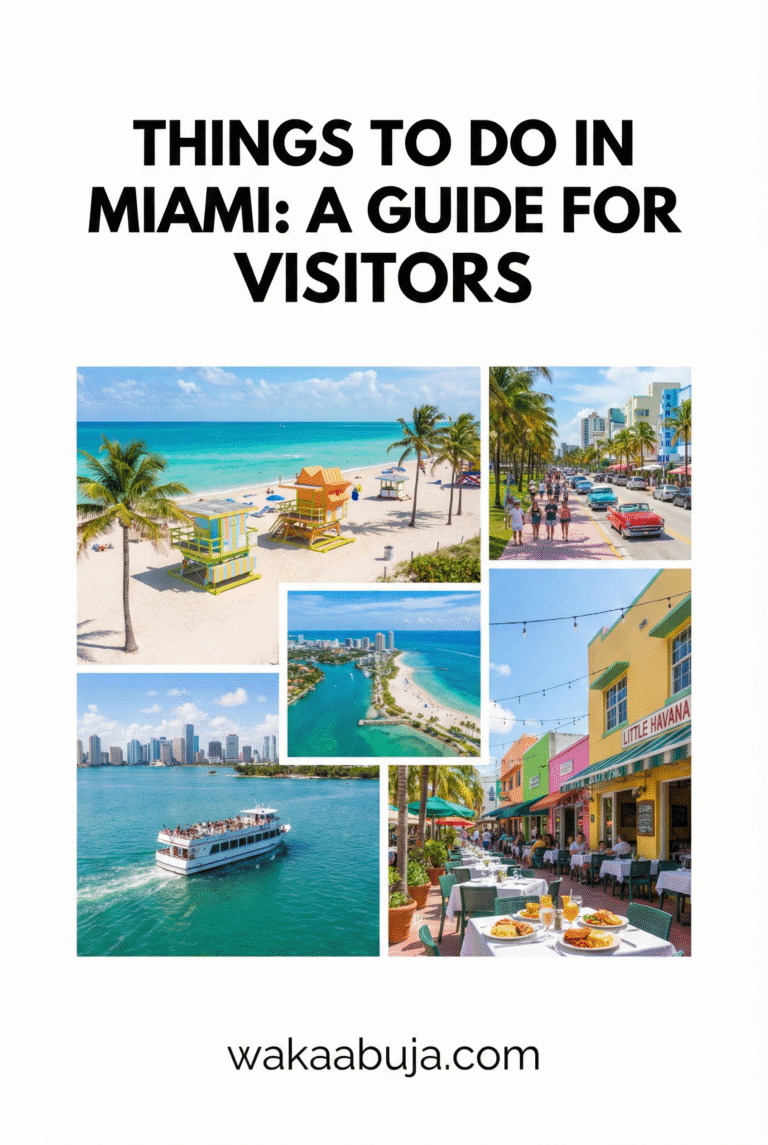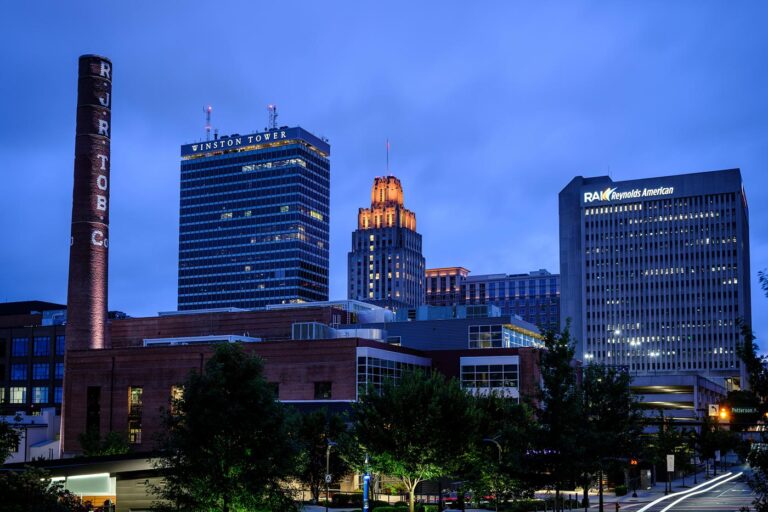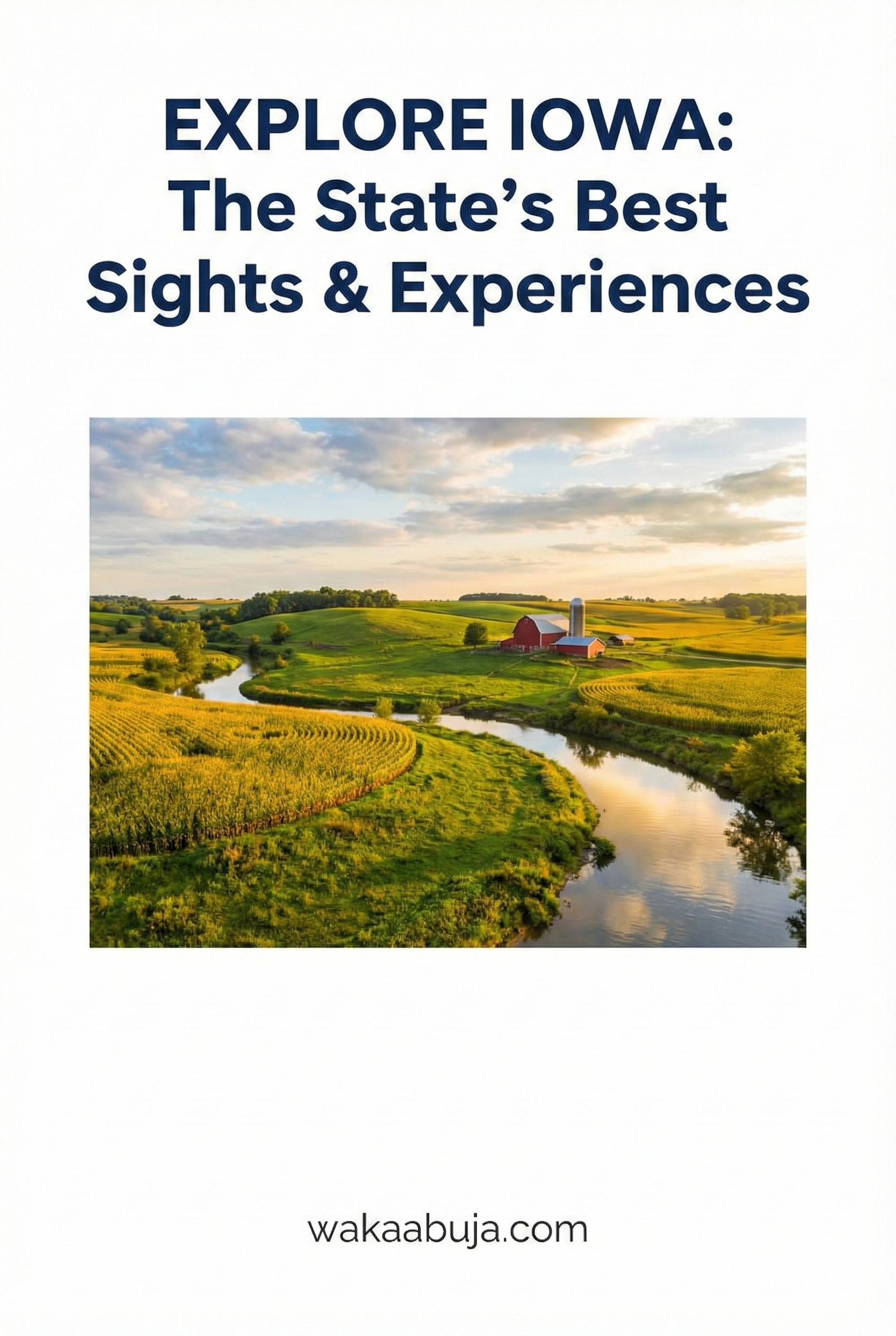Dreaming of a career in the United States but unsure how to navigate the visa sponsorship process? You’ve come to the right place! This guide will help you uncover lucrative job opportunities with visa sponsorship packages worth at least $30,000 in 2024 and 2025. Whether you’re an experienced professional or a recent graduate, these prospects could be your gateway to achieving the American dream.
What is a visa sponsorship?
Visa sponsorship involves a U.S. entity—such as an organization, university, or individual—supporting a foreign national’s application for a visa or green card. This sponsorship essentially guarantees their entry into the country, making it easier for talented individuals to bring their skills and expertise across borders.
Who can be a sponsor?
Organizations
- Companies: Many businesses, especially large multinational corporations, sponsor visas for their employees.
- Universities: Academic institutions sponsor visas for students and faculty members.
- Government Agencies: Some government entities also sponsor visas for specialized roles.
Individuals
- Family Members: Spouses or close relatives can act as sponsors for family-based visas.
- Employers: Employers can sponsor employees for work-related visas.
Which visa categories require sponsorship?
- Temporary Work Visas: This includes visas like the H-1B, which often require employer sponsorship.
- Employment-Based Visas: Employers must sponsor these visas to employ foreign workers.
- Family-Based Visas: For family members of U.S. citizens or permanent residents, a sponsor is usually necessary.
Who is eligible for a visa sponsorship?
Eligibility for visa sponsorship varies based on several factors:
- Country Requirements: Each country has specific criteria such as language proficiency, education, and financial stability.
- Visa Type:
- Family-Based: Depends on the relationship with the sponsor.
- Employment-Based: Focuses on skills, qualifications, and work experience.
- Temporary work visas require specialized skills or job-specific requirements.
Tip of the day: Always consult with immigration professionals for personalized advice and make sure you verify requirements through the appropriate channels.
Essential Documents for Your Visa Application
To apply for a U.S. visa, you will need:
- Work experience records and recommendation letters
- Birth and marriage certificates
- Proof of financial resources (e.g., bank statements)
- Passports and identification documents
- Police clearance certificates (if required)
- Educational transcripts and diplomas
- Medical examination results (if applicable)
Ensure all documentation is accurate to avoid delays or rejections. Consulting an immigration attorney can enhance your application’s success.
How to Land a Job with U.S. Visa Sponsorship
Securing a U.S. job with visa sponsorship requires strategic planning.
- Develop Marketable Skills: Focus on high-demand skills, such as advanced technology or specialized knowledge. Continuous learning and certifications can set you apart.
- Target Visa-Friendly Employers: Research companies known for sponsoring visas. Network through industry events, LinkedIn, and recruiter engagements.
- Craft Compelling Applications: Customize your resume and cover letter for each application. Highlight your skills and achievements, and prepare thoroughly for interviews.
- Utilize Online Platforms: Explore job boards like Indeed and LinkedIn. Set up job alerts and join industry-specific groups for updates.
- Consider internships or training programs. These can serve as a pathway to full-time positions with visa sponsorship. Explore partnerships between U.S. companies and educational institutions.
How to Find U.S. Visa Sponsorship Opportunities
- Identify Your Visa Type: Choose the appropriate visa, such as the H-1B for specialized workers or the L-1 for intra-company transfers.
- Research Potential Sponsors: Look for companies with a history of sponsoring visas. Multinationals, academic institutions, and research organizations often have these programs.
- Use Online Resources: Platforms like LinkedIn and Glassdoor can provide insights into sponsorship opportunities.
- Network Professionally: Attend industry conferences and career fairs. Building genuine connections can reveal hidden opportunities.
- Contact Employers Directly: Reach out to companies known for visa sponsorship. A well-crafted cover letter can make a significant impact.
- Explore Government Programs: Programs such as the J-1 Exchange Visitor Program or H-2B for temporary workers offer visa sponsorship opportunities.
- Be persistent and flexible. The process can be competitive and lengthy. Stay positive, keep refining your approach, and be open to various opportunities.
Types of Companies Offering Visa Sponsorship
- Tech Giants: Companies like Google, Amazon, Microsoft, and Apple frequently sponsor visas for tech professionals.
- Consulting Firms: Deloitte, Accenture, PwC, and EY offer sponsorship for consulting roles.
- Financial Institutions: Banks such as Goldman Sachs and JPMorgan Chase sponsor finance professionals.
- Pharmaceutical and Healthcare Companies: Firms like Johnson & Johnson and Pfizer sponsor visas for researchers and healthcare experts.
- Engineering and Manufacturing: Companies like Boeing and General Electric sponsor engineers and technicians.
- Consumer Goods and Retail: Procter & Gamble and Nike sponsor roles in marketing and supply chain management.
- Startups and Emerging Companies: Many startups offer visa sponsorship for specialized talent.
- Universities and Research Institutions: Academic institutions sponsor visas for professors and researchers.
Tips for Increasing Your Chances of Getting Sponsored
- Gain Specialized Skills: Focus on high-demand areas with limited local talent.
- Build a Strong Network: Connect with industry professionals and attend events.
- Research Visa-Friendly Companies: Target companies known for sponsoring visas.
- Highlight Transferable Skills: Showcase skills that demonstrate adaptability and problem-solving.
- Be Flexible: Consider internships or roles that might not align perfectly with your goals but could lead to sponsorship.
Common Questions in a U.S. Visa Interview
- Purpose of the Trip: Why do you want to visit the U.S.?
- Duration of Stay: How long do you plan to stay?
- Financial Stability: How will you support yourself?
- Ties to Home Country: What ensures you’ll return home?
- Employment/Business: What is your current job or business?
- Family: What is your family situation?
- Travel History: Have you traveled abroad before?
- Criminal History/Security: Any criminal record or immigration violations?
- Education/Qualifications: What’s your educational background?
- Previous U.S. Visits: Have you visited the U.S. before?
Prepare to answer these questions clearly and provide supporting documents as needed.
Frequently Asked Questions About Visa Sponsorship Jobs in the U.S.
1. What types of visas require sponsorship?
Visas that typically require sponsorship include employment-based visas (like H-1B and L-1), certain temporary work visas, and family-based visas. Specific requirements and processes vary by visa category.
2. Who is eligible for visa sponsorship?
Eligibility depends on the visa category, the applicant’s qualifications, and the sponsor’s requirements. Key factors include skills, education, work experience, and the nature of the job or relationship with the sponsor.
3. What documents are required for a visa application?
Common documents include proof of employment or job offer, educational certificates, work experience records, financial statements, a valid passport, and any additional documents specific to the visa type.
4. How do I find visa sponsorship jobs in the U.S.?
Research companies known for sponsoring visas, network with industry professionals, use job platforms highlighting sponsorship opportunities, and apply to positions offering visa sponsorship.
5. What are some top industries or companies that offer visa sponsorship?
Industries such as technology, consulting, finance, healthcare, and engineering frequently offer visa sponsorship. Companies like Google, Amazon, Deloitte, JPMorgan Chase, and Pfizer are known for sponsoring foreign talent.
6. How do I increase my chances of getting a visa sponsorship job?
Enhance your chances by acquiring specialized skills, building a strong professional network, targeting visa-friendly companies, highlighting transferable skills, and being flexible in your job search approach.
7. What are common questions asked during a U.S. visa interview?
Common questions include the purpose of your trip, the duration of your stay, your financial stability, ties to your home country, employment details, and previous travel history or criminal records.
8. What should I do if my visa application is denied?
If denied, review the reason for denial, address any issues or deficiencies in your application, and consider seeking advice from an immigration attorney to understand your options for reapplying or appealing.
9. How long does the visa sponsorship process take?
The process length varies depending on the visa type, the sponsor, and the applicant’s situation. It may range from a few months to over a year. Start the process early and stay informed about timelines.
10. Can visa sponsorship be transferred between employers?
In some cases, visa sponsorship can be transferred between employers, depending on the visa type and specific regulations. Consult with an immigration attorney to understand the transfer process and requirements.
Conclusion
Securing a $30K visa sponsorship job in the U.S. for 2024–2025 is an attainable goal with careful planning and strategic efforts. Understanding the visa process, targeting the right employers, and preparing thoroughly, you can enhance your chances of landing a desirable position in the U.S. Remember to stay persistent and leverage every opportunity to advance your career.




